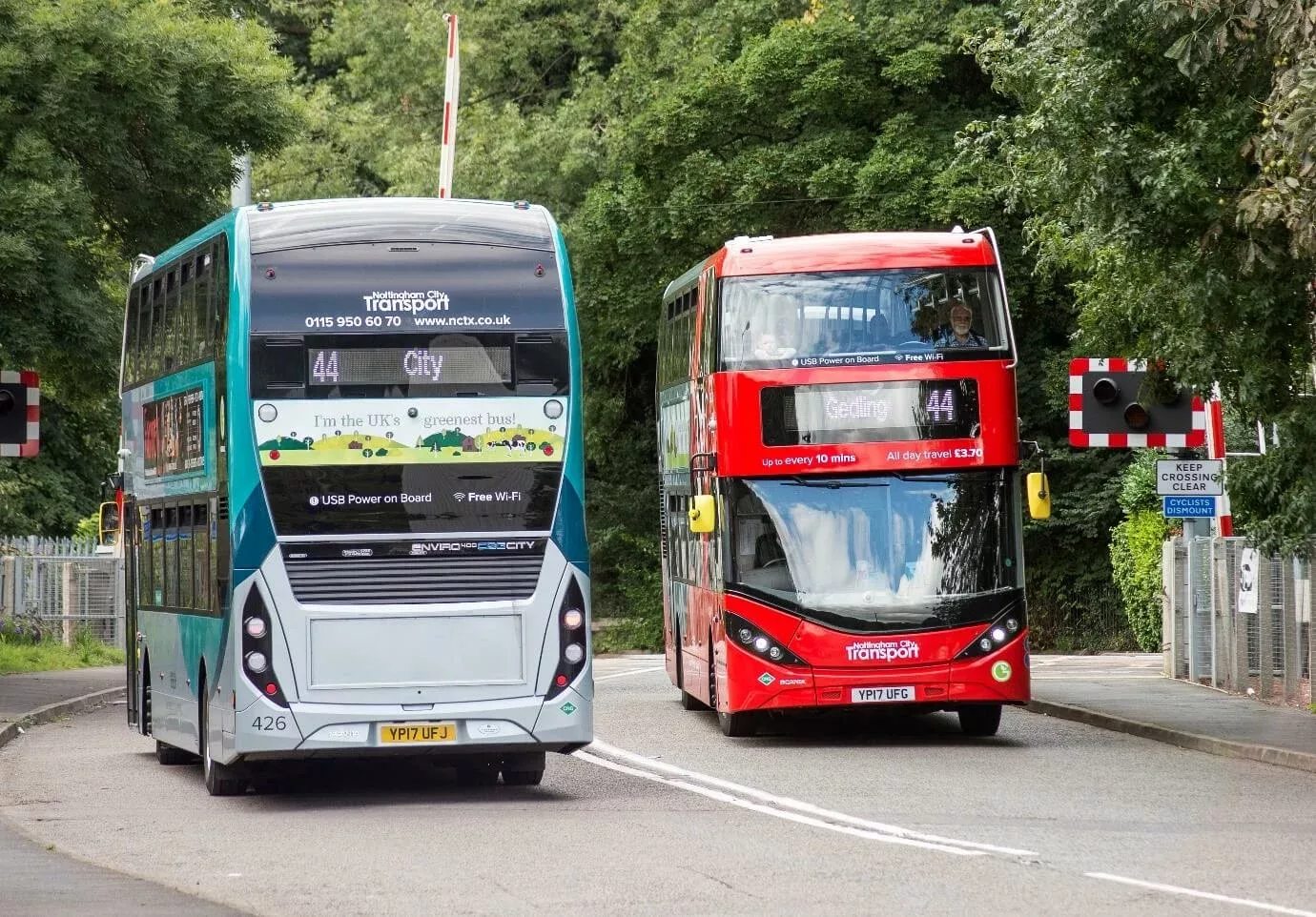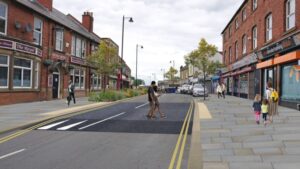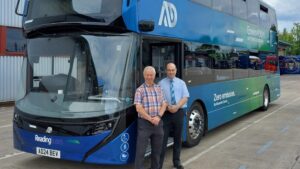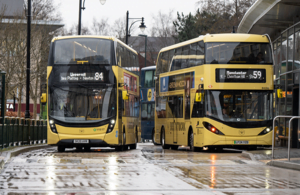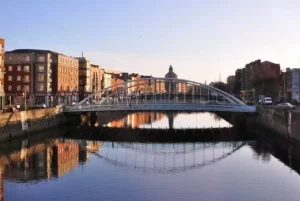Transport Nottingham has launched a new public-facing campaign aimed at encouraging residents to use public transport to help improve the environment.
The Catch the Bus Month explores the multiple benefits that buses provide. “You can improve the environment you live in, and help to combat climate change, one bus journey at a time,” says the campaign.
“Climate change is the long-term shift in earth’s weather patterns and average temperatures on a large scale. This happens naturally, but human activities such as burning fossil fuels, cutting down trees, and raising livestock speed it up,” said Transport Nottingham.
In the UK this year, temperature records were smashed in July, with a village in Lincolnshire – just an hour and a half from Nottingham – reaching 40.3C. Nottinghamshire was also one of two areas that recorded a tropical night, where temperatures did not drop below 20C.
England has also recorded its driest July since 1911, with only 24% of expected rain falling. This means that freshwater sources are being put under immense strain.
The campaign says that Nottingham’s bus network has the potential to play a vital role in combating climate change. The city has an expansive network of bus services, with over 70 bus services regularly travelling in and out of the city.
“You don’t have to make dramatic changes to your lifestyle to make a difference. In fact, if everyone left their cars at home just once a month and chose to hop on the bus, there would be a billion fewer car journeys, which could reduce carbon dioxide emissions by two million tonnes. Did you know that a fully loaded double deck bus can take 75 cars off the road?,” said the campaign.
Buses and coaches also account for significantly less nitrogen oxide emissions when compared to diesel cars and vans, with just 6% compared to 71% for diesel cars and vans. In addition, in the UK 55% of greenhouse gas emissions are from cars and just 3% are from buses.
Nottingham’s tram network also operates on 100% renewable energy, and is therefore plays an important role in helping to combat climate change and improve air quality in Nottingham. Did you know? A NET survey found that 32-35% of passengers had previously used their car for their main mode of travel prior to services being introduced.
In the past couple of years, work has been carried out on the city’s diesel bus fleets to improve their emissions standards. They have been retrofitted to meet Euro VI emissions standards – which means that the emissions coming from their tailpipes are cleaner than they have ever been.
Nottingham City Transport has also invested heavily into replacing their oldest diesel buses with biogas buses. In fact, they operate the world’s largest fleet of biogas double decks!
The biogas used to fuel the buses partly comes from food and farm waste, which helps to reduce the amount of rubbish that ends up at landfill. This reduces the amount of methane (one of the most potent greenhouse gases) that is released into the atmosphere. NCT’s biogas fleet has thus far prevented the emission of 26,000 tonnes of CO2 and 180,000kg of NOx.
The council is also collaborating with NCT to introduce 78 electric buses into the fleet. This will help tremendously towards Nottingham’s ambitions to become a carbon neutral city by 2028 and will help with NCT’s ambitions to become the UK’s first carbon neutral bus operator.
This September is Catch the Bus Month run by Bus Users UK, click here for more information. Let’s get on board this #CatchtheBusMonth!



